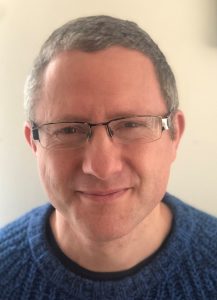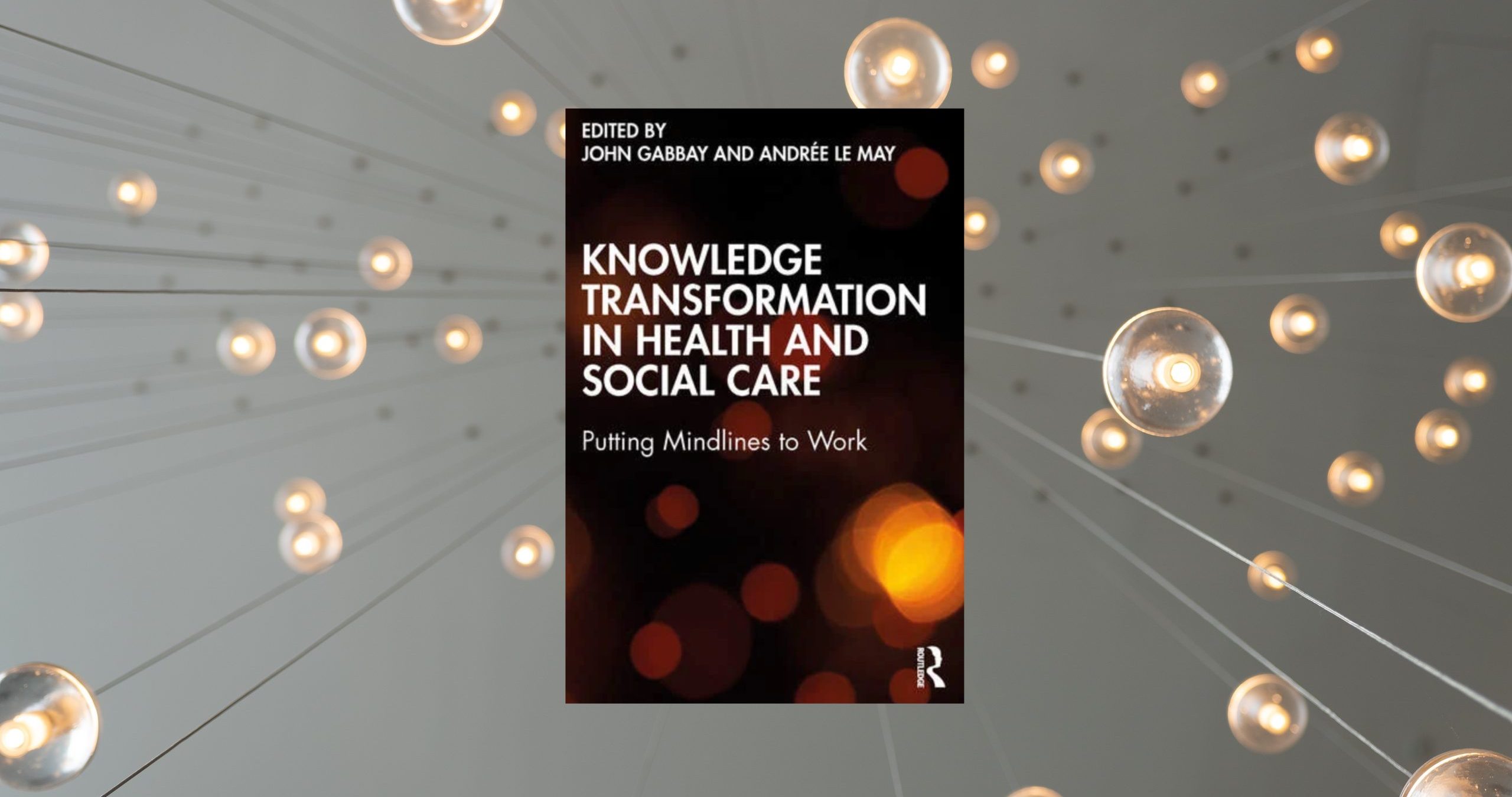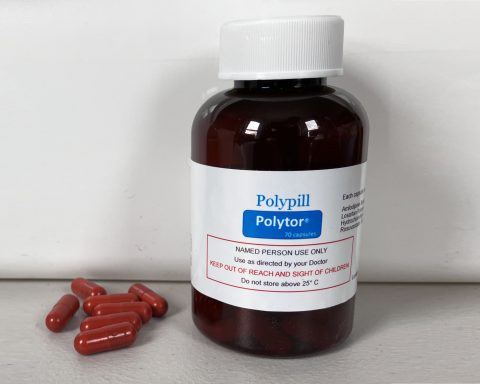
GPs do very little nowadays that could be described as routine. Practice nurses, Healthcare Assistants, midwives and pharmacists have been looking after this side of patient care for a long time, and more recently, Mental Health and Wellbeing Practitioners, First Contact Physiotherapists, Nurse Practitioners, paramedics and Advanced Care Practitioners have been managing some of the more acute and non-routine care in general practice too. Given the shortage of doctors, this seems both reasonable and practical, and frees up GPs to deal with what’s left. Let’s be honest here: our clinical work nowadays is governed far more by guidelines of some kind or other than used to be the case, and our core strength probably hasn’t ever been the ability to follow rules.
Where does this leave us, then? Can we still argue that it’s right for us to manage everything from tonsillitis to terminal care personally in order to nurture the doctor-patient relationship, or should we focus on those elements of care that are too complex or poorly defined to fit within the portfolio of our colleagues? Can we still reasonably describe ourselves as generalists, doing a bit of everything, or are we on the road to re-branding ourselves as specialists in primary care?
Can we still reasonably describe ourselves as generalists, doing a bit of everything, or are we on the road to re-branding ourselves as specialists in primary care?
A hummingbird is a specialist, highly adapted to hover in front of a flower and extract nectar from it. It does this extremely effectively, and looks amazing doing it, but is limited to a very specific setting in which its adaptations will work. A fox, by contrast, is very much the generalist, at home in a variety of settings, and particularly able to exploit the opportunities which our modern urban environment offers an omnivorous species. Foxes are liminal, scruffy chancers sneaking around among the dustbins under cover of dark.
GPs are liminal too, practising on the threshold between the medical and the everyday. We rarely dazzle with our clinical acumen. Rather, we help our patients to negotiate the gloomy landscape of ill health and make good decisions when there are no perfect ones, sharing with them the uncertainty of the world outside the guidelines. There is much well-intentioned guesswork, and experience is measured in lessons learned from our mistakes. By and large, patients are looking for someone they can trust to do their best, rather than a wizard with all the answers.
We will never be specialists in the sense of either the hummingbird or our colleagues in secondary care. Our strength lies not in being able to do one thing perfectly, but in doing many things effectively in the grey zones of medicine. Physicians deal in physic and surgeons work with their hands, * but the GP’s role is a function of the inability of either branch of the profession to meet patients’ needs in isolation. And yet, despite our obligate generalism, we still act as consultants in the sense that other professionals within the practice team consult and refer patients to us.
Resilience is not just about personal toughness, but about adapting as a profession to changing circumstances, and foxes are survivors.
If a re-branding is in order, how about Consulting Primary Care Generalists? As the role of non-medical clinicians in our practices continues to grow, we are well-placed to lead, oversee and support colleagues whose scope of practice is more closely bounded by protocols, while they see the majority of patients and involve us as needed. This would mean abandoning any aspiration to personal continuity of GP care, but to put it bluntly, something’s got to give. Even if we double medical school places tomorrow, can we really wait another decade for the new recruits to arrive at the coalface?
The current realities may mean that rather than holding on for an increase in our numbers to maintain the status quo, we consider instead what might be the optimal role for a smaller number of highly skilled doctors working alongside colleagues from a variety of professional backgrounds. In this context, it would make sense to lengthen GP training, while aligning the training of non-medical clinicians more closely with general practice. Resilience is not just about personal toughness, but about adapting as a profession to changing circumstances, and foxes are survivors.
Footnote:
Physic is an archaic term for medicine. Surgeon is derived from chirurgeon, which is itself derived from the Greek words cheir, meaning a hand, and ergon, meaning work: hence, someone who works with their hands.
Featured photo by James Wainscoat on Unsplash









Great article Ben. GPs should however remain being called just GPs, and have to remain mostly patient facing rather than supervisory
Emilie Couchman is an academic GP currently undertaking a PhD with the Mesothelioma UK Research Centre at the University of Sheffield and working as a GP on a part-time basis in Northumberland. She is on Twitter: @DrEmilieCouch
We often consider the malfunctioning of the health service to be someone else’s fault; the government’s, the GPs’, the receptionists’ … but if we reflect on how our expectations, as a society, have changed over time, perhaps we might find ourselves complicit.
Oliver Burkeman’s book entitled ‘Four Thousand Weeks’ is a profound reflection on our relationship with time.1 He suggests that:
‘As convenience colonises everyday life, activities gradually sort themselves into two types: the kind that are now far more convenient, but that feel empty or out of sync with our true preferences; and the kind that now seem intensely annoying, because of how inconvenient they remain.’
Having to wait a few weeks for a GP appointment is mighty frustrating, made even more so by the stark contrast of being able to order a random household object for same-day delivery from Amazon Prime. Similarly, the rapid access to a video consultation with an anonymous GP who you have never met before and likely won’t again, surely doesn’t fit with how we wish to feel when seeking reassurance for health concerns?
Our relationship, perhaps obsession in some cases, with ‘the seductive lure of convenience’ must also be considered from the healthcare professional and policymaker perspectives. The ongoing debate about how access should be balanced with continuity remains on a knife-edge. ‘Frequently the effect of convenience isn’t just that a given activity starts to feel less valuable, but that we stop engaging in certain valuable activities altogether, in favour of more convenient ones.’ 1 Continuity has long been at risk of being bulldozed by a focus on access and convenience. A sad fact of today’s society is that GPs are no longer an enduring, reliable part of a patient’s life or community. Politically, it seems that being able to see someone, anyone, the same day is prioritised.
The multidisciplinary web of the current NHS, with all its divisions and subsections, is adding more work to the patient’s plate. Not only do they need insight into their own body and the ability to detect if something is awry within, they also need significant understanding of how the healthcare system is structured, acknowledging its fragmented, overloaded context. I would wager that even most healthcare professionals struggle to navigate the system for themselves and their loved ones. Roles are ill-defined and confusing. Who do we approach for what?
If GPs subspecialise too far down the rabbit hole they won’t be able to retain their grip on the solid ground of generalism, and the primary care system will change irrevocably. Ben Hoban wrote in BJGP Life recently that ‘despite our obligate generalism, we still act as consultants in the sense that other professionals within the practice team consult and refer patients to us.’ 2
Practice and policy seem focused on delegation and redirecting workload from GPs to other members of the multidisciplinary team, so that a GP’s time may be preserved for only the ‘complex cases’. The impact of this seismic change in a GP’s day job will be profound on the future GP workforce, who will surely be deskilled in so many fundamental principles of delivering primary care.
Also, it is clear that the more efficient we are, the more time fills with other tasks. The quantity of work therefore increases, but also its quality risks decreasing, according to Burkeman, because by ‘attempting to eliminate only the tedious experiences, we accidentally end up eliminating things we didn’t realise we valued until they were gone.’ Continuity is the first victim of such a societal progression.
How do people make decisions about how to navigate the healthcare system? Surely they are formed based on experience, word of mouth, comparison to others, our own anxiety, and that of those around us. We take in information and use it to decide whether we are bad enough to go to A&E when we know from the news that there’s a 17-hour wait just to be assessed by the triage nurse.
Patients have good intentions. They want to use the services in the right way and constantly seek validation. A huge part of a GP’s job now, due to the changes in society and the healthcare system, is to help patients navigate its complexity. Do we have sufficient time factored into our working day to do this? Even with the best will in the world and strategic delegation to multidisciplinary colleagues, I believe that the answer is no.
Ultimately, Burkeman’s recurring point is that:
‘Convenience culture seduces us into imagining that we might find room for everything important by eliminating only life’s tedious tasks. But … You have to choose a few things, sacrifice everything else, and deal with the inevitable sense of loss that results.’
We can’t have everything, but we need to have sufficient insight into our own needs, as patients and healthcare professionals, to be able to make informed choices about what we want from our healthcare service, which will in turn affect how we navigate and interact with it.
Featured book: Oliver Burkeman, Four Thousand Weeks: Time Management for Mortals, Vintage, 2022, PB, 288pp, £8.99, 978-1784704001.
References
1. Burkeman O. Four Thousand Weeks. Bungay: Vintage, 2022.
2. Hoban B. Hummingbirds and foxes (… and what it means to be a GP). BJGP Life 2023; 19 May: https://bjgplife.com/hummingbirds-and-foxes-and-what-it-means-to-be-a-gp (accessed 19 Jun 2023).
Featured photo by Donald Wu on Unsplash.